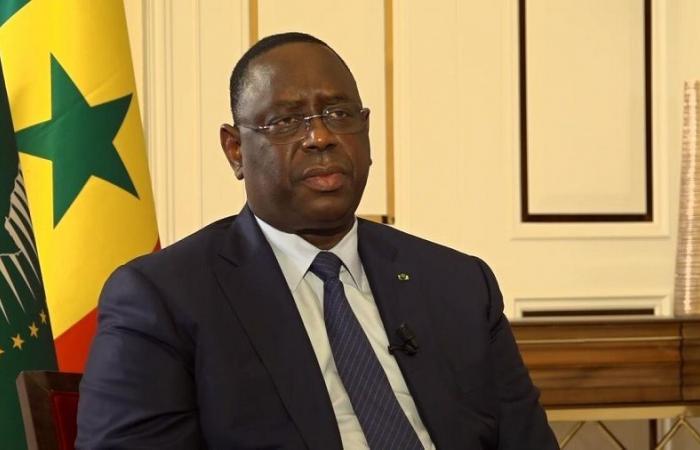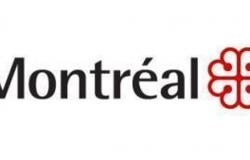Senegal under Macky Sall has been particularly attractive. Our country has captured in 2023 a volume of 1,617 billion FCFA (2.64 billion dollars) of Foreign Direct Investment (FDI). This is the revelation of the “World Investment Report 2024” or the world ranking of the investment report published by the United Nations Conference on Trade and Development (UNCTAD) published on June 20. Our country thus rises to 4th place in the world top 10 on investment and even ahead of the giant of the UEMOA zone Côte d’Ivoire (1.75 billion $) which closes the march in 10th place in the ranking.
The publication of the UNCTAD report on June 20 escaped the vigilance of the business world. According to the news site Challenges économiques based in Dakar, which reviewed the report, Senegal is preceded in the ranking for the African zone only by Egypt ($9.84 billion), South Africa ($5.23 billion), Ethiopia ($3.26 billion), and Uganda ($2.88 billion). Senegal has captured FDI (Foreign Direct Investment) flows estimated at 1,617.6 billion CFA francs in 2023, or $2,641 million. However, this is 9.8% less than in 2022, when the level of incoming FDI stood at $2,929 million. This downward trend attributable to the context of uncertainty hanging over the global economy has not spared Burkina, Mali, Guinea-Bissau, among others. Despite everything, countries such as Ivory Coast, Benin, Togo, which did better than in 2022, have not managed to reach Senegal’s level. “Senegal’s performance is all the more appreciable as it comes in a context of economic slowdown and growing geopolitical tensions. In fact, since 2018, Senegal has stood out as the most popular destination for investors in the UEMOA (West African Economic and Monetary Union) zone,” writes our colleague Challenges économiques.
FDI in Senegal has been steadily increasing since 2013
Perceived as an essential vector in the economic development process, FDI rewards the beneficiary economy with several positive effects such as: increasing the level of private capital stock, stimulating competitiveness on the local market, creating jobs, and increasing the level of knowledge stock by providing new equipment and transferring know-how, to name just a few of these positive effects. According to “Challenges économiques”, FDI in Senegal has been growing uninterruptedly since 2013. That year, our country received just over 155 billion FCFA (311 million dollars). “This attractiveness of Senegal was built on the basis of a bold and courageous policy of improving the business environment, with APIX (Agency for the Promotion of Investments and Major Works) as a bridgehead, set up by former President Wade and strengthened by President Sall. The democratic tradition known and recognized in Senegal did the rest, among other reforms” according to “Challenges économiques”. President Macky Sall recalled this a few months before leaving power, at the Invest in Senegal Forum held in Diamniadio: “Our first investment, the one that must attract and make all others prosper, is first and foremost peace, security, stability and the rule of law,” he declared at the time, in a tone that was intended to be reassuring about Senegal’s desire to guarantee a business climate conducive to the flourishing of projects. “Challenges économiques” notes that “if Senegal has become fertile ground for investment, it is also thanks to its economic dynamism, catalyzed in recent years by the Emerging Senegal Plan. With a few exceptions, such as during the Covid crisis which weighed on the global economy, Senegalese growth usually displays one of the best performances in the region. After the slowdown recorded in the post-Covid period, GDP growth rose to more than 5.3% in 2023,” writes the site.
Despite the various crises that have shaken the world, the International Monetary Fund (IMF), which has always believed in Senegal’s resilience, already predicted “solid growth prospects” for the country, due to its reform program deemed “ambitious”, which should allow it to maintain its growth momentum. For these reasons, the Bretton Woods institution had decided to release 2 billion dollars to help the country “remedy its macroeconomic imbalances” and “meet the longer-term structural challenges related to climate change.”
The recent start of oil exploitation, while waiting for gas, will thus rest on a solid economic base carved in the marble of a Plan (PSE) which today brings Senegal all these satisfactions. The outlook is flashing green and if investment is mainly based on confidence, it can be said without exaggeration that investors from around the world are watching our country with interest. Senegal’s performance is all the more remarkable given that the downward trend in FDI flows is general and exceeds 10%, if we exclude the strong variations in investment flows in some European transit economies. The slowdown in project financing has affected sustainable development, with new financing for the Sustainable Development Goals (SDG) sectors falling by more than 10%, particularly in the agri-food and water sectors. This is hampering efforts to achieve the 2030 Agenda and calls for urgent political action to reorganize sustainable development financing. Looking ahead, the report highlights that business facilitation and digital government solutions can address low investment by creating a transparent and streamlined environment. It highlights the significant growth of online services and information portals, arguing that these tools also support the broader development of digital government, benefiting developing nations in particular.






